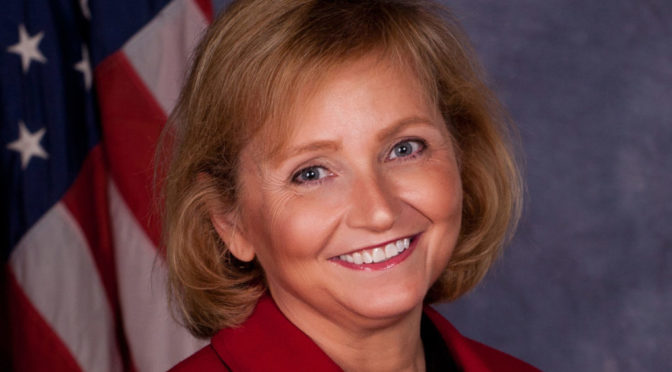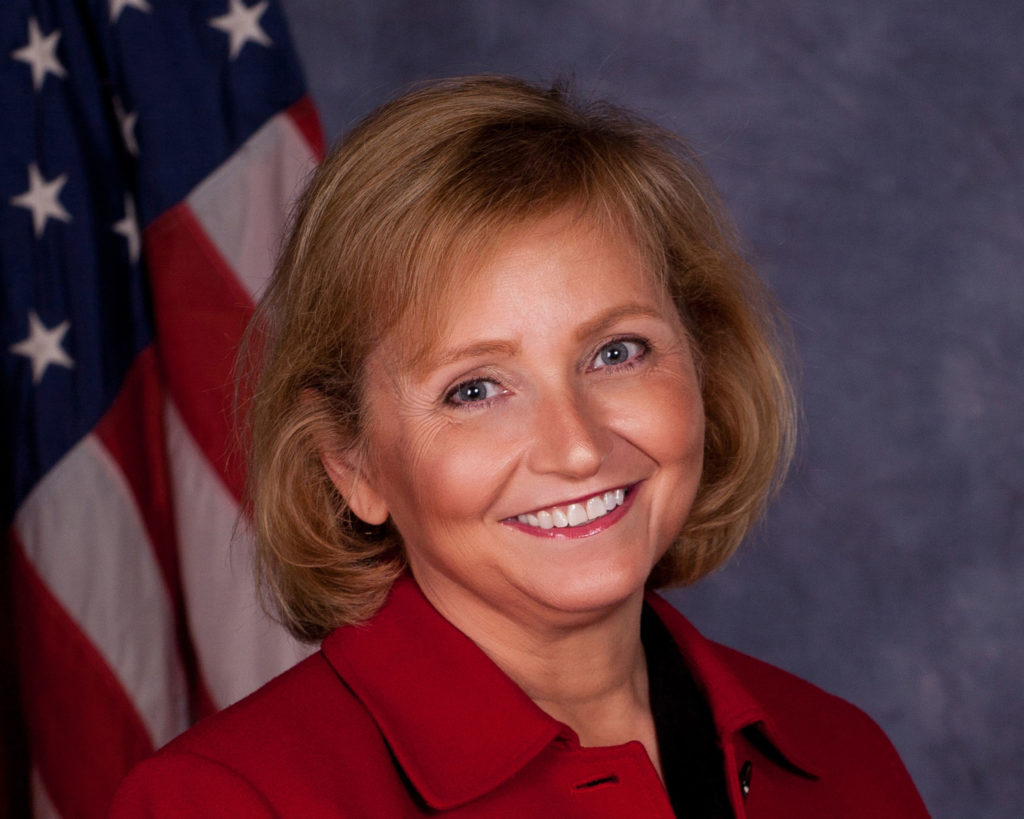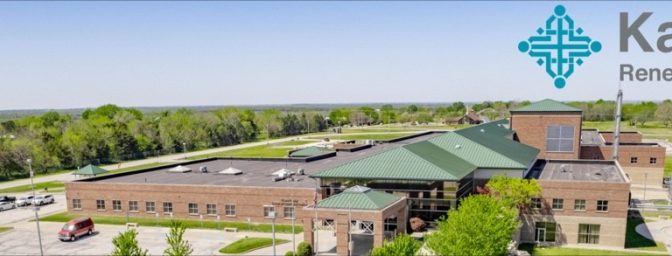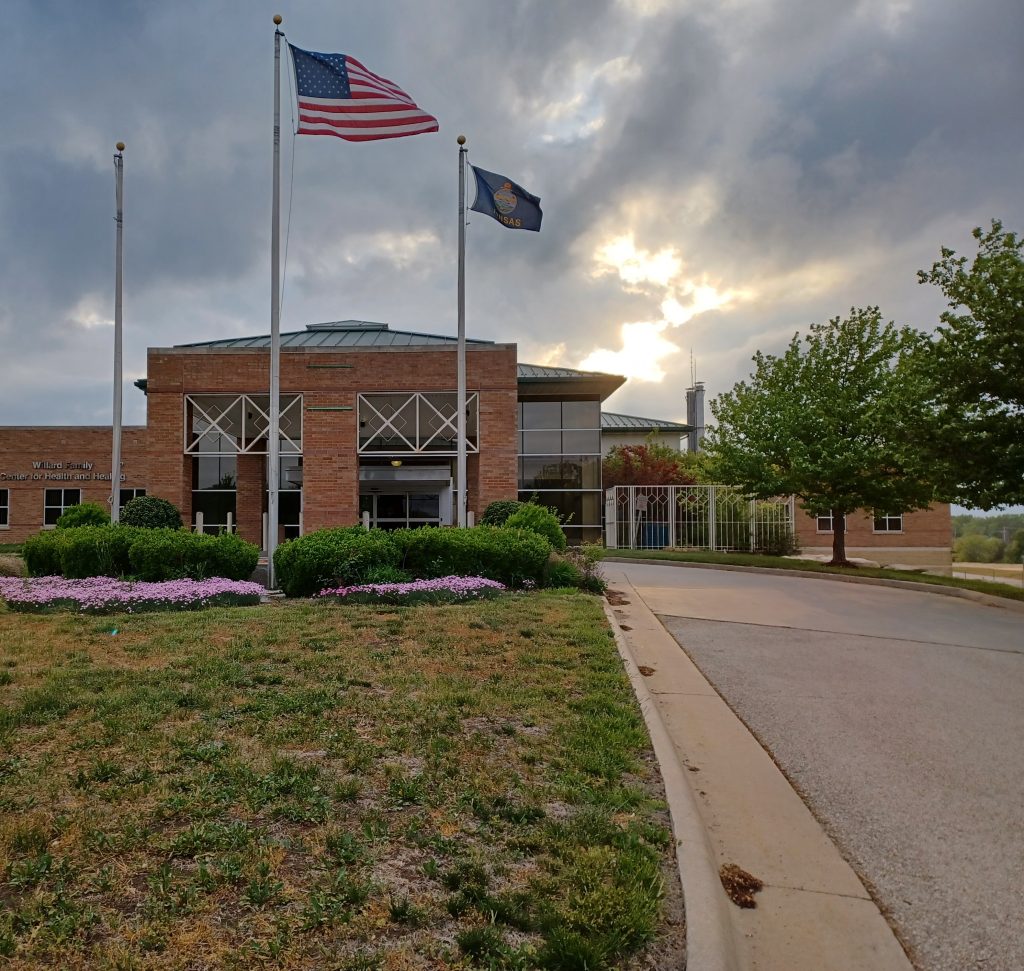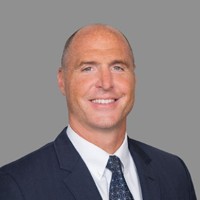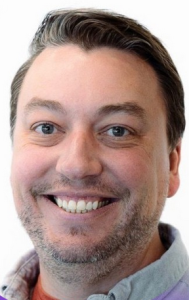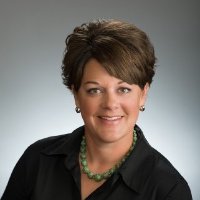Upper Floor Housing Grants Available for Designated Main Street Communities
TOPEKA – Lieutenant Governor and Secretary of Commerce David Toland announced today $400,000 is available under the Residential Opportunities on Main Street (ROOMS) grant program to support new upper-floor housing in commercial buildings in Designated Kansas Main Street communities.
“Main Street communities across the state long have been revitalizing their historic business districts and supporting economic vitality,” Lieutenant Governor and Secretary of Commerce David Toland said. “Increasing the amount of available upper-floor housing is essential to maximizing the economic potential of Main Streets across Kansas. ROOMS grants provide another powerful tool to breathe new life into their downtown areas.”
Upper-floor investments create new housing opportunities and can play an important role in addressing the shortage of quality housing, which regularly is identified as a major issue throughout Kansas. Upper-floor housing enhances the overall livability and functionality of downtowns. It also can lead to increased investment, improved infrastructure, a positive cycle of economic growth, a stronger tax base, and a greater sense of place and community identity.
“These types of projects are expensive and require funding from multiple sources,” Kansas Main Street Director Scott Sewell said. “The ROOMS grants offer a tremendous opportunity to help make these kinds of projects happen.”
ROOMS funds will be available to applicants within active Designated Kansas Main Street communities for projects that can be shown to lead directly to housing creation or retention in upper floors of existing buildings in the designated downtown area. Projects must incorporate Main Street design standards and follow local ordinances and code for improvements. Each eligible applicant may receive a single $50,000 grant.
To view a webinar recording about the ROOMS grant program, click here. For more information about the Kansas Main Street program, click here.
About the Kansas Department of Commerce:
As the state’s lead economic development agency, the Kansas Department of Commerce strives to empower individuals, businesses and communities to achieve prosperity in Kansas. Commerce accomplishes its mission by developing relationships with corporations, site location consultants and stakeholders in Kansas, the nation and world. Our strong partnerships allow us to help create an environment for existing Kansas businesses to grow and foster an innovative, competitive landscape for new businesses. Through Commerce’s project successes, Kansas was awarded Area Development Magazine’s prestigious Gold Shovel award in 2021, 2022 and 2023, and was awarded the 2021 and 2022 Governor’s Cup by Site Selection Magazine.
###
